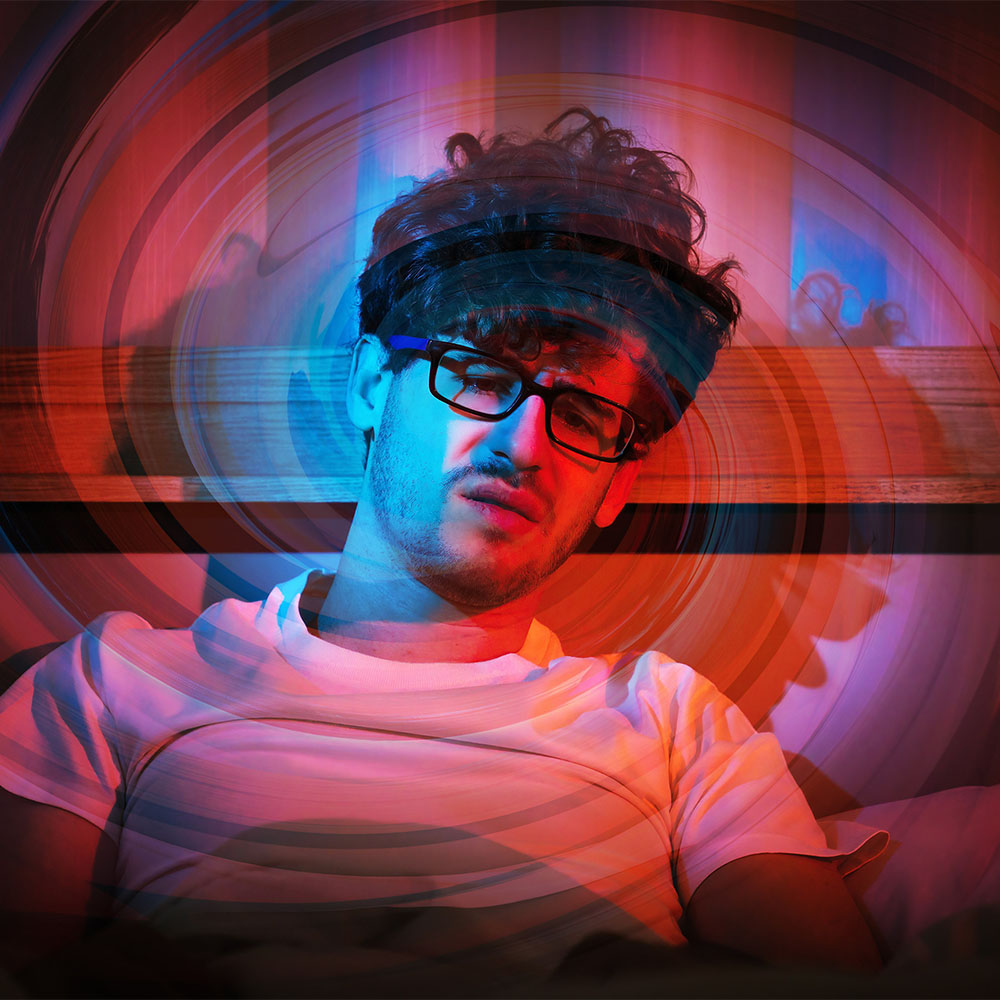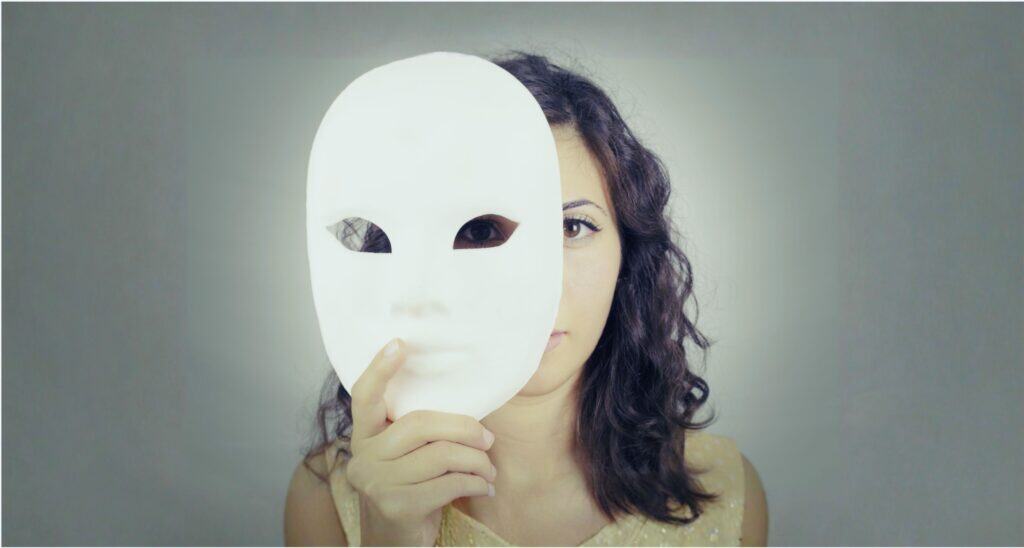- Locations
Recovery starts here
Freedom from addiction is just one call away
- Treatment Overview
Treatment Programs
Substance Addictions We Treat
Recovery starts here
Freedom from addiction is just one call away
- Admissions
Recovery starts here
Freedom from addiction is just one call away
- Why Pinnacle
Recovery starts here
Freedom from addiction is just one call away
- Resources
Recovery starts here
Freedom from addiction is just one call away
ContactCareers
Due to inclement weather, some of our facilities will be closed in the coming days. Click here to see all facility closures.
Locations
Treatment Overview
Treatment Programs
Outpatient Treatment
Inpatient Treatment
Withdrawal Management
Substance Addictions We Treat
Treatment Therapies
Individual Therapy
Alternative Therapies
Admissions
Why Pinnacle
Resources
Call Us Now
© Copyright 2026 Pinnacle Treatment Centers | All Rights Reserved















